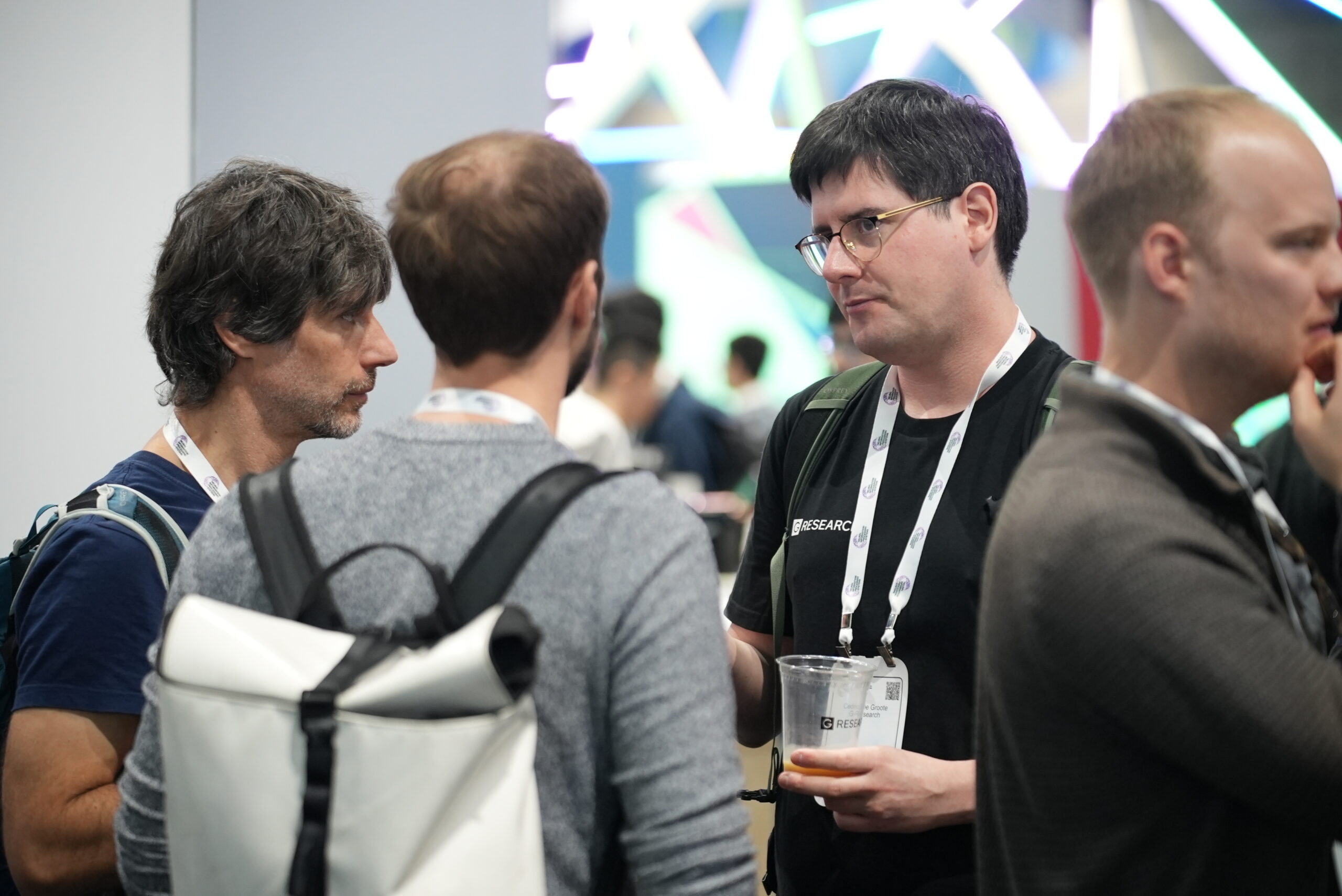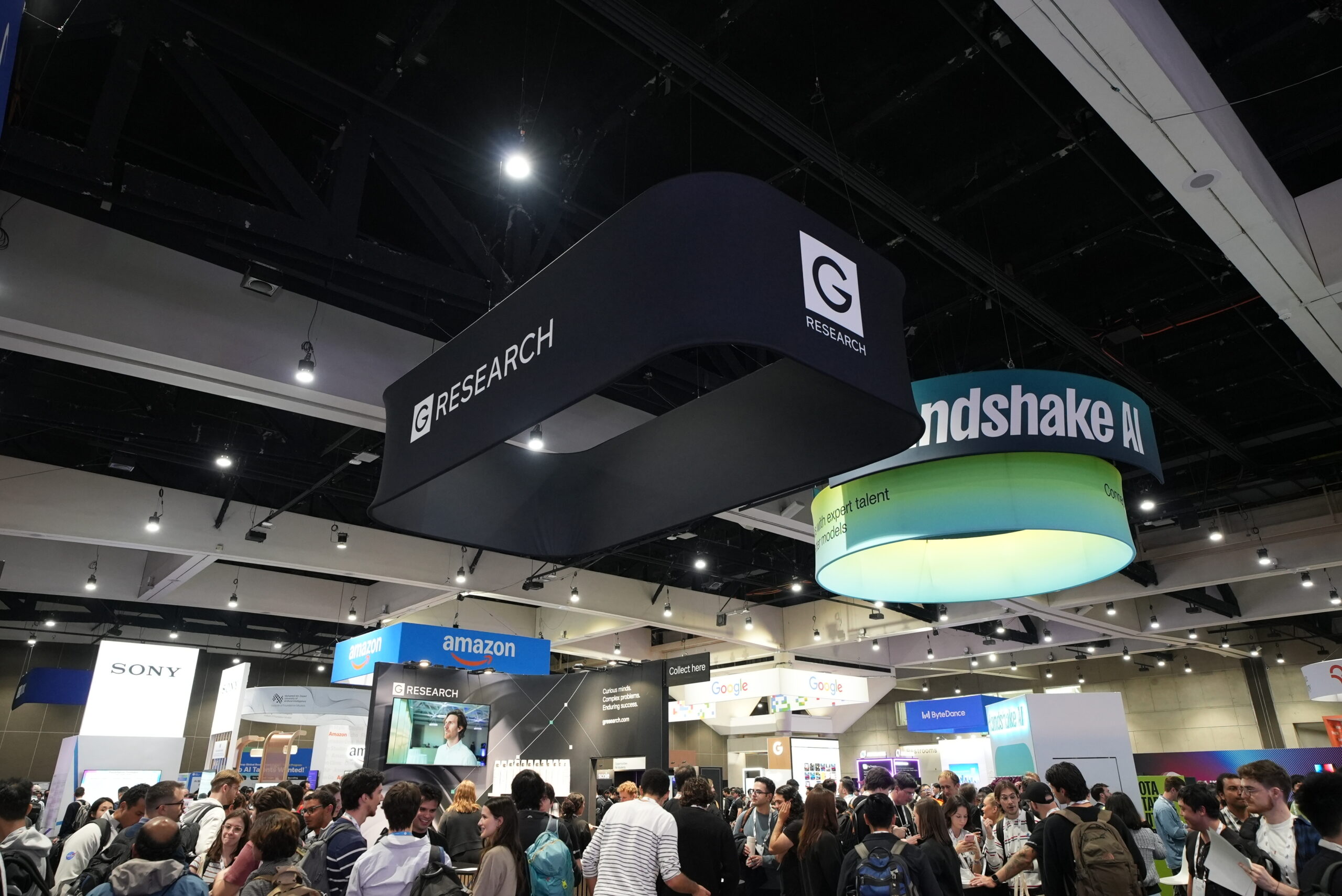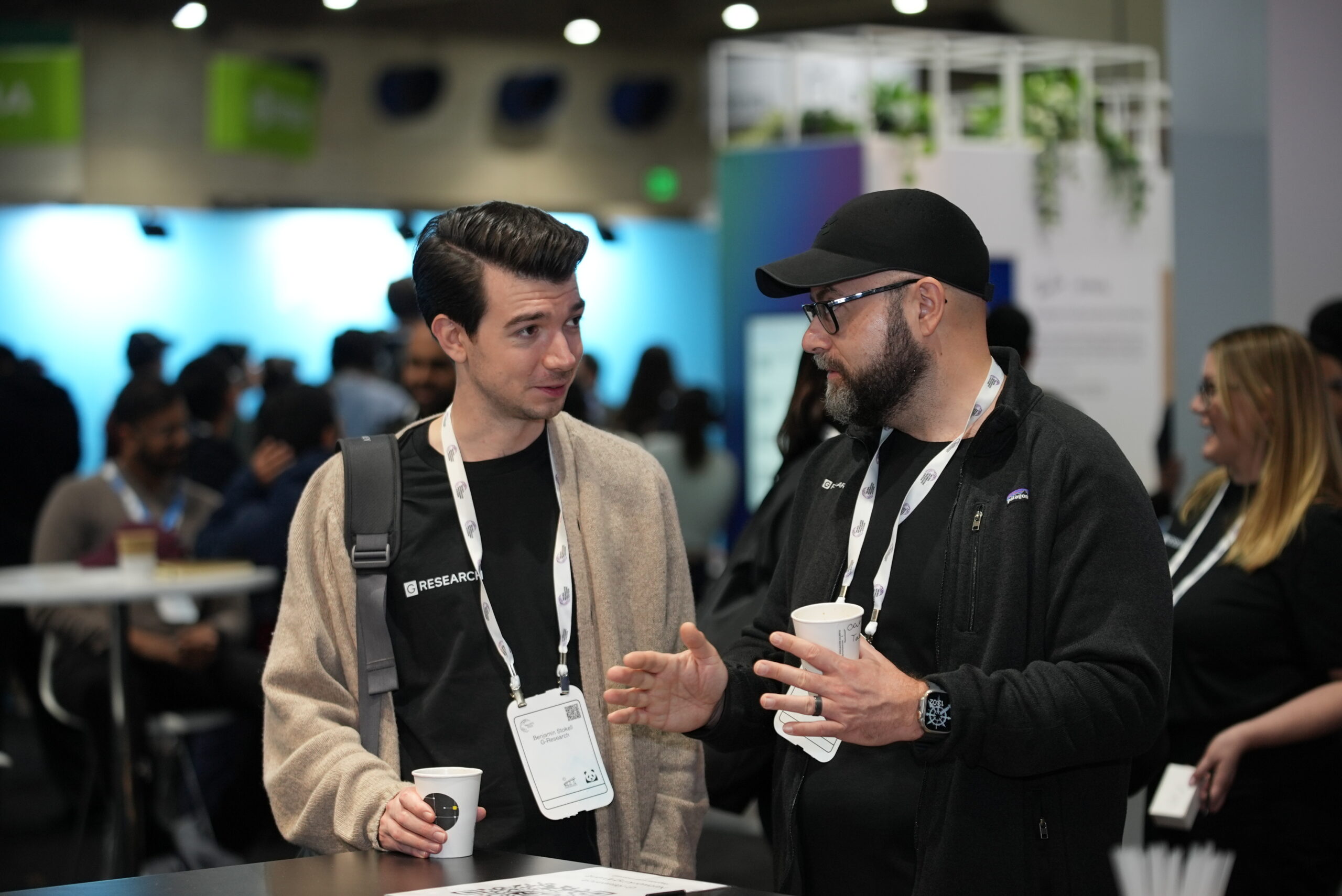Each month, we provide up to £2,000 in grant money to early career researchers in quantitative disciplines.
Our aim is to support and assist PhD students and postdocs conducting research, particularly with costs that may be difficult to get funding for elsewhere, for example, travel for those who are caring for children, or expenses for volunteer work related to research.
Learn more about our grant programme terms and conditions.
Read on to hear from our latest winners, their research and how our grants will aid their work.
November grant winners
Emma Prevot (University of Oxford)
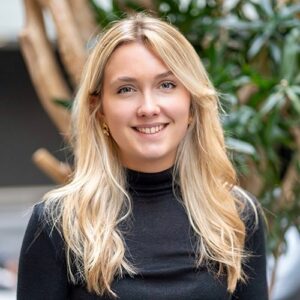
“I am a PhD student in the Department of Statistics at the University of Oxford, funded by EPSRC Health Data Science CDT. My research interests lie at the intersection between statistical machine learning, causal inference and healthcare.
“The G-Research grant will support my participation at NeurIPS 2024 in Vancouver, where I will present my Master’s dissertation research from the University of Cambridge. My work focuses on annealed variational mixture models with feature selection, for clustering and biomarker discovery in high-dimensional datasets.”
Francesco Bacchiocchi (Politecnico di Milano)
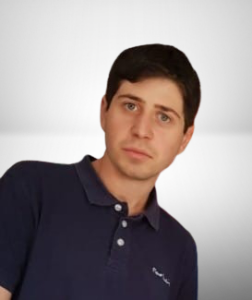
“My research focuses on online learning and game theory, with a particular focus on developing machine learning algorithms that enable strategic reasoning in competitive, multi-agent environments.
“This grant will allow me to attend and present my two papers accepted at NeurIPS 2024 in Vancouver, Canada.”
Alvaro Arroyo (University of Oxford)
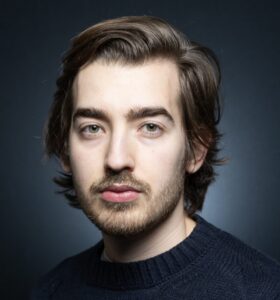
“I am currently a final-year PhD student at the University of Oxford, focusing my research on sequence modelling, geometric deep learning and the intersection of these two fields.
“Having received the G-Research grant, I am excited to attend the NeurIPS 2024 conference, which will take place in Vancouver this year. This generous support will enable me to showcase my work, engage with fellow researchers and foster collaborations.”
Dennis Frauen (Ludwig Maximilian University of Munich)
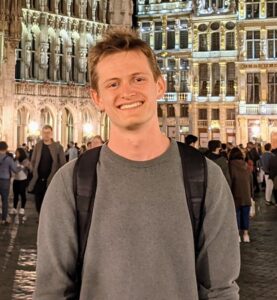
“I am an (Ellis) PhD student at LMU Munich working on causal machine learning. In my research, I leverage recent advances in both deep learning and statistical efficiency theory to develop state-of-the-art methods for data-driven decision-making. Applications range from medicine and economics to finance.
“I will use the G-Research grant for my research stay with co-supervisor Prof. Mihaela van der Schaar in Cambridge in 2025. The grant will help me to cover living expenses, particularly housing. During my stay, we will focus on advancing causal inference and reinforcement learning methodologies powered by foundation models – I plan to submit a paper to ICML 2025.”
Eliezer de Souza da Silva (Fundação Getúlio Vargas’ School of Applied Mathematics)
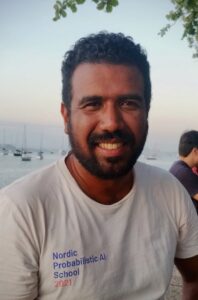
“I am a postdoctoral researcher at the Fundação Getúlio Vargas’ School of Applied Mathematics. My research focuses on advancing probabilistic AI inference and modelling methods, with my latest focus on amortized inference, particularly Generative Flow Networks (GFlowNets), which enable robust sampling for distributions over discrete and compositional objects.
“This grant will support my participation at NeurIPS 2024, where I will present my latest work on divergence measures for training GFlowNets, and engage with global experts in artificial intelligence.”
Daniel Tan (University College London)
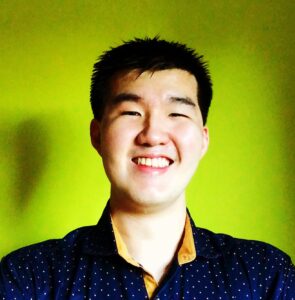
“I currently study AI alignment and interpretability, and I am interested in understanding how powerful AI models perform general reasoning.
“The G-Research grant will support me in presenting my latest work on steering vectors at NeurIPS 2024.”
Alice Matthews (University College London)
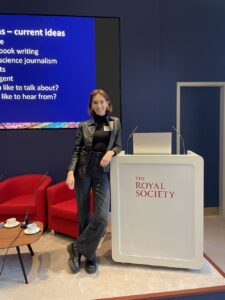
“I am an astrophysicist at the Mullard Space Science Laboratory, UCL, studying galaxy formation through simulation-based inference (SBI) with CAMELS (Cosmology and Astrophysics with MachinE Learning Simulations).
“My research connects theoretical models with observations to better understand ultraviolet luminosity functions (UVLFs), galaxy formation and their underlying processes.
“This grant will support my travel to the CAMELS conference at the Simons Foundation’s Flatiron Institute in New York, where I’ll present my work on UVLFs. I’m deeply grateful to G-Research for their support and the opportunity to share my research and collaborate with leading experts.”
Lucas Makinen (Imperial College London)

“My research casts cosmology as an optimisation problem to be solved with neural networks. To measure elusive properties of the universe like Dark Energy, we need a way to compress the universe we observe (images of billions of pixels) into a more manageable set of numbers. Neural networks are quite good at tasks like these—provided they’re big enough and are given enough training data, both of which are difficult to guarantee when trying to simulate the entire universe.
“I have recently pioneered a new technique that makes neural information capture more efficient and optimal. This has immediate implications for cosmological and machine learning research, so I am excited to be able to present this work to both physicists and computer scientists NeurIPS 2024 with the support of G-Research.”
Andrea Pari (University of Cambridge)
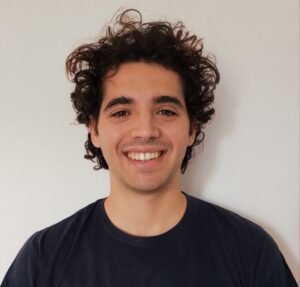
“My research focuses on using the bispectrum to study the early universe. The bispectrum is a mathematical tool used in cosmology to analyse non-Gaussianity in the distribution of matter in the universe. It is a three-point correlation function, which measures the relationships between three points in a dataset or field, such as the positions of galaxies or fluctuations in the cosmic microwave background (CMB).
“The primary goal of my PhD project is to leverage recent advances in sensitivity to probe primordial non-Gaussianity in large-scale structure data. This involves advancing theoretical and numerical methods to identify higher-order correlators, focusing initially on the bispectrum.
“For gravitational signals, my work aims to clarify the distinction between the primordial bispectrum and effects from nonlinear gravitational clustering.
“Since my project involves numerical simulations, a powerful computer is essential. This grant has helped me acquire a suitable laptop for my research.”
Justin Xu (University of Oxford)
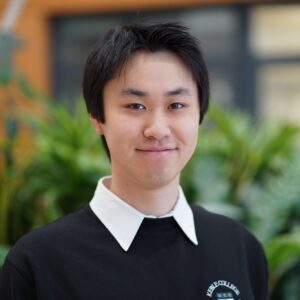
“I am a PhD Candidate at the University of Oxford and a Researcher at Stanford University, interested in machine learning applications in medicine. Currently, I am focusing on leveraging language models to generate and subsequently evaluate various clinical texts, as well as representation learning over medical records.
“This generous grant from G-Research will enable me to present a library designed for reproducible machine learning over health data at ML4H in Vancouver. I look forward to meeting fellow researchers – and I truly appreciate the support!”
Congratulations to all of our grant winners.

